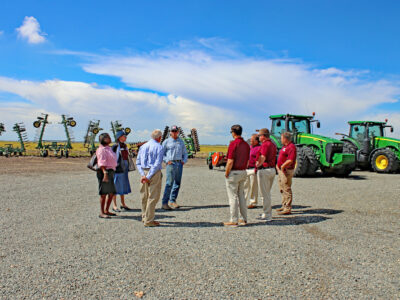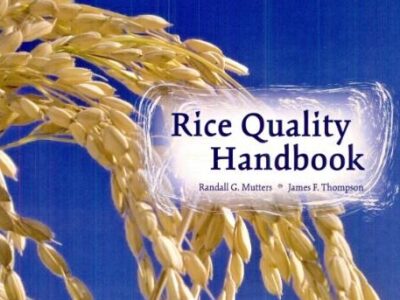The Governor recently issued an Executive Order (N-79-20) calling for all off-road equipment to be zero emission by 2035 (wrongly reported last week as 2045). This is clearly a tall order, given the state of technologies capable of replacing the heavy-duty horsepower levels required to run major tillage equipment, harvesters, etc. The Governor has provided directives to the Air Resources Board to begin regulatory processes consistent with his stated objectives in the Executive Order.
With the usage life of many of these major farm equipment purchases being 15 to 20 years, the current lack of commercialization for these zero emission options poses a major problem—not just in 2035—but for all equipment investments made over the next 15 years.
Not wasting any time, the CRC has initiated the development of industry talking points and an advisory task force to assist in crafting the best near- and long-term strategies to help rice and statewide agriculture maneuver through the technical feasibility and policy issues surrounding this extraordinary proposal by the Governor. In addition, we are also aggressively working the policy side of this effort with Kahn, Soares and Conway and other statewide agriculture interests through our work within the Ag Presidents’ Council.
If you have questions, please contact CRC Environmental Affairs Manager Paul Buttner at pbuttner@calrice.org or (916) 206-5340.




